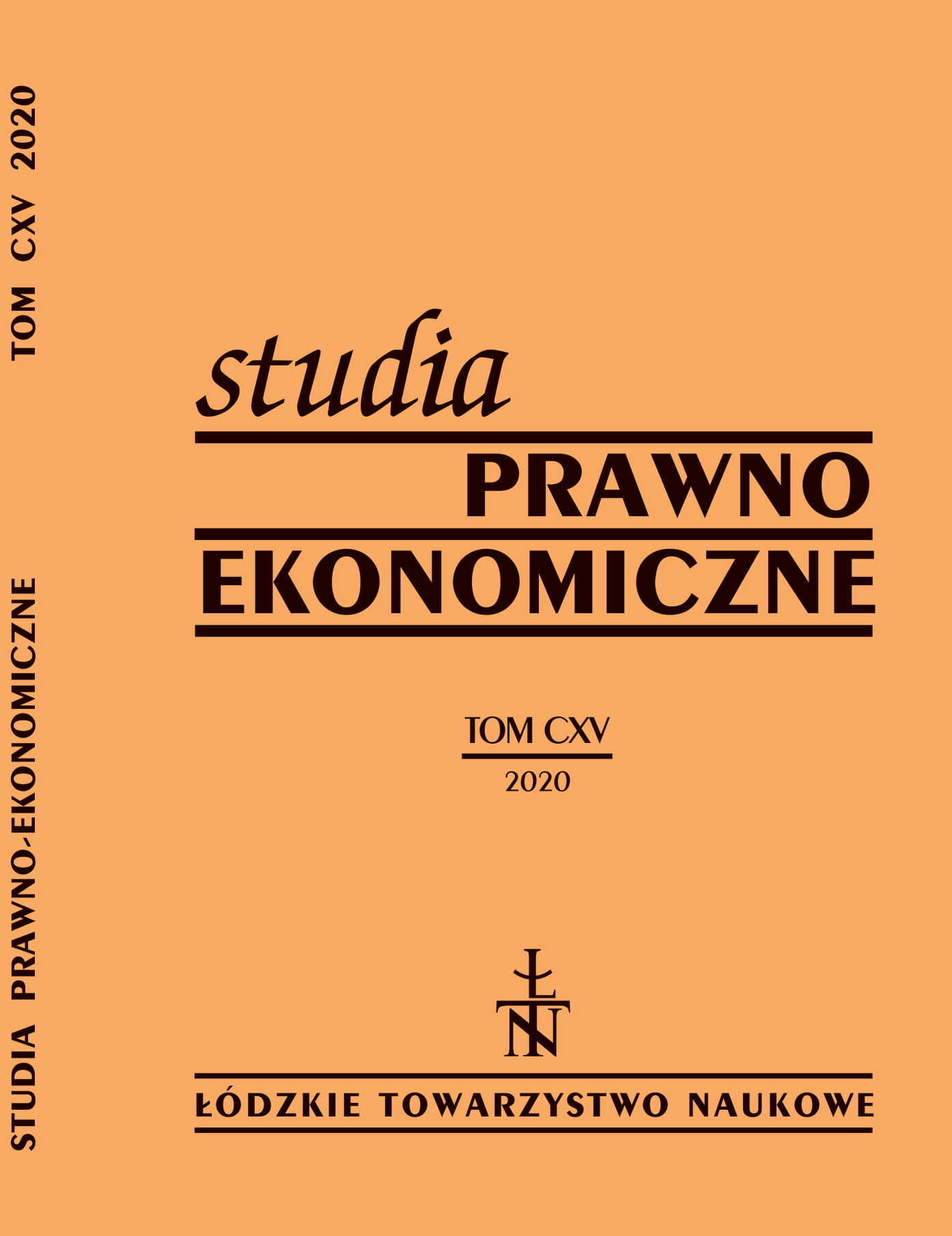Egzekucja z ruchomości według włoskiego Kodeksu Postępowania Cywilnego – zagadnienia wybrane
Execution of movables according to the Italian Code of Civil Procedure – selected issues
Author(s): Michał KrakowiakSubject(s): Law, Constitution, Jurisprudence
Published by: Łódzkie Towarzystwo Naukowe
Summary/Abstract: Background: The regulation of the Polish Code of Civil Procedure on the enforcement of mov¬able property in enforcement proceedings, in force since 1.01.2019, is controversial in several aspects. This has inspired the comparative analysis of foreign language solutions. In this study, Italian law was adopted as the subject of the study. The choice of this legal order was dictated by the existence of original institutions in the enforcement of movable property, in particular matters that were amended in Polish law from 1.01.2019. Research purpose: The purpose of the study is to analyze the legal conditions in which the ex-ecution of movable property in Italian enforcement law is carried out. The subject of the author’s interest is to determine whether the solutions of Polish law fit into the model of execution on mov¬able property in Italian law. The author inquired whether the Italian legislator regulated the issues of: the location of seizing activities, the catalog of movable property absolutely and relatively excluded from the seizure, the form and time of seizure of movables, and the sale of seized items. Methods: Dogmatic and comparative law methods were used in the study. Conclusions: As a result of analysing Italian enforcement law and the views expressed in the doc¬trine, it can be concluded that, in comparison with Italian law, Polish provisions on enforcement of movables are very strict and in practice they narrow the scope of their use. Attention should be paid to interesting – from the legal-dogmatical point of view and the enforcement practice – solutions of Italian enforcement of movable property. According to the research, the legislature introduced the possibility of, upon request by the creditor, the president of the court or a designat¬ed judge, permitting the bailiff to take custody of things that are marked as not belonging to the debtor but are subject to sale. In Italian law, unlike in Polish legislation, the period of validity for seizing movables was fixed, assuming that it loses its force after forty-five days, counting from its completion in the event of failure to sell things or counting their value towards debt. A comparative legal analysis also leads to the conclusion that Polish provisions on the sale of movable property seized in the execution on property are very formalized. In Italian law, there are two main ways of monetizing things, i.e. commission and auction sales, and, importantly, com¬mission sales take place completely outside of enforcement proceedings, as they are transferred to a third party for carrying them out. The commissioner sells things on his own behalf, for the account and commissioned by a public authority.
Journal: Studia Prawno-Ekonomiczne
- Issue Year: 2020
- Issue No: 115
- Page Range: 71-86
- Page Count: 16
- Language: Polish

